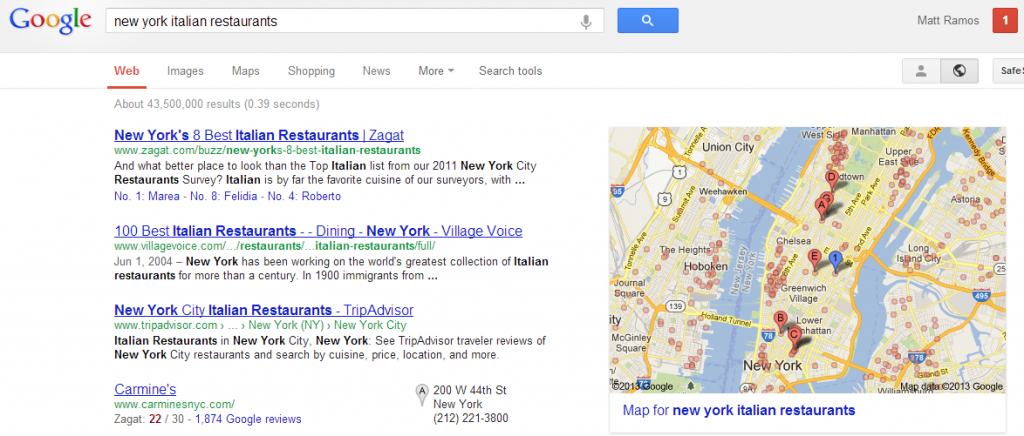
Causing the most unrest since the original Panda, Google has launched its Penguin algorithm update, aimed at preventing ‘spammy’ websites from ranking high in the SERPs. Penguin is the ‘official’ update following on from Google’s announcement in March, that over-optimised websites would be penalised.
Just to add to the problems that Penguin is causing, webmasters who appear to be experiencing a drop in their rankings, must also take account of the fact that Google has also released the Panda 3.5 update – the latter being aimed at poor quality sites, rather than those which appear to use spammy links.
The only way to tell for sure is to go through the website analytics for April and compare the statistics for search traffic from Google, before and after the two release dates, which should help to find the true culprit.
Panda 3.5 was rolled out on April 19th and Penguin a few days later, on 24th April. However there have also been several mini tweaks since the two releases so if you have been hit and it doesn’t seem to have been on or around the release dates then you could have suffered at the hands of a tweak to one of the update after release.
If Panda can be ruled out of the equation, a noticeable rise or fall in traffic are both signs of the Penguin effect. Those lucky enough to be able to report a rise, will likely find that sites in direct competition with them have been affected negatively. On the other hand, a heavy fall in traffic is not a good thing and action will need to be taken to try and redeem the situation.
 Google did send out in excess of 700,000 individual messages to webmasters via Google Webmaster Tools during January and February this year, specifically regarding spam that had been identified in connection with their sites. Anyone who is not aware of this should ensure that their Webmaster Account has been verified, as this is necessary to access messages.
Google did send out in excess of 700,000 individual messages to webmasters via Google Webmaster Tools during January and February this year, specifically regarding spam that had been identified in connection with their sites. Anyone who is not aware of this should ensure that their Webmaster Account has been verified, as this is necessary to access messages.
Google also issued help for webmasters in a set of guidelines covering design and content, technical matters and quality, which can be seen here in full.
Post-Penguin, the most important part of the guidelines is the very specific list of ‘don’ts’ which are as follows:
”
. Avoid hidden text or hidden links.
. Don’t use cloaking or sneaky redirects.
. Don’t send automated queries to Google.
. Don’t load pages with irrelevant keywords.
. Don’t create multiple pages, subdomains, or domains with substantially duplicate content.
. Don’t create pages with malicious behaviour, such as phishing or installing viruses, trojans, or other badware.
. Avoid “doorway” pages created just for search engine optimisation or other “cookie cutter” approaches, such as affiliate programs with little or no original content.
. If your site participates in an affiliate program, make sure that your site adds value. Provide unique and relevant content that gives users a reason to visit your site first.
”
If any (or all) of the list sounds familiar to you, immediate correction is required. However, if you can honestly say that none of them applies to you, it is possible that you have been wrongly targeted.
Interestingly, Google has pre-empted this type of situation by producing a feedback form specifically for anyone who has a grievance concerning the Penguin update and claims that it will be dealing with these complaints on an individual basis. The form can be found here.
Note from Eric – The SEO world is divided over whether a webmaster should use that form or not. I wouldn’t normally recommend it, for two reasons: It is asking for more scrutiny in your vertical (and even sites that don’t build links can have spammy links pointed at them), and I’ve never heard of a single instance of it doing any good. That being said, you’ll have to choose for yourself if you want to fill out that form.
Image credits: FreeDigitalPhotos.net



2 thoughts on “Everything Is Black and White for Google”